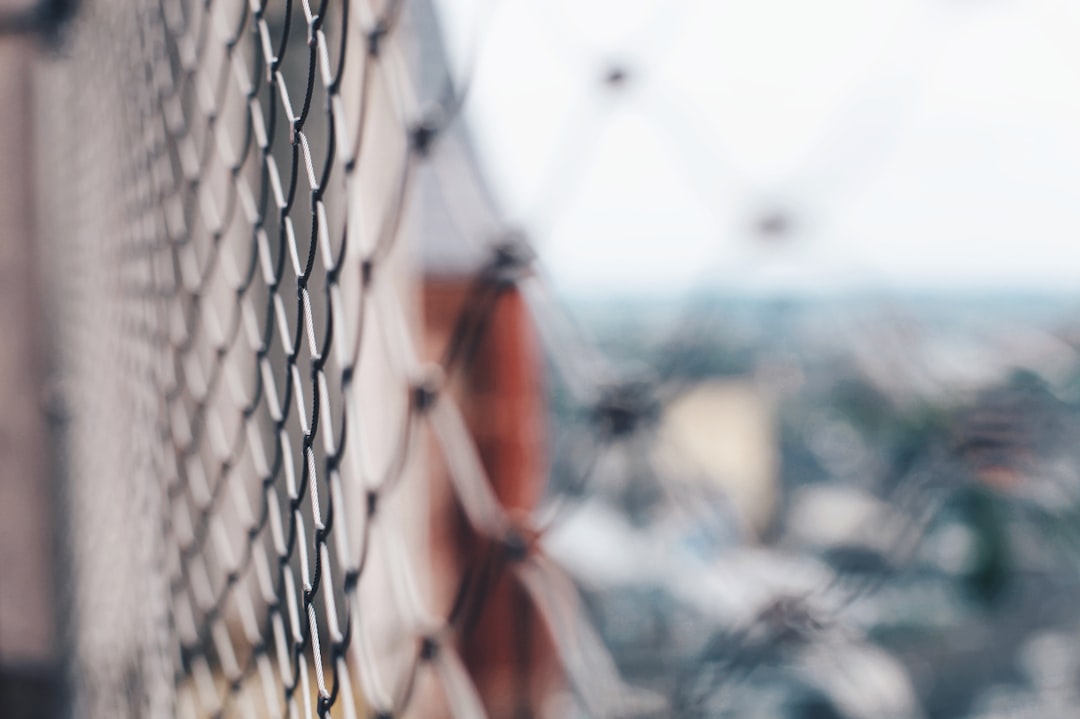What is it about?
In Peru, many older adults are reaching old age in conditions of extreme vulnerability. As a result, it is becoming more common in cities like Lima to find cases of elderly people who are institutionalized due to family abandonment or lack of material resources. Centered on the concept of “remaining,” this article explores how seniors from a residential center in the Peruvian capital manage to develop strategies to cope with the present—strategies I have called “vital acts”—in order to find a possibility to live otherwise when they are left with no choice but to dwell in a precarious setting. I argue that, when faced with the difficulties of an institutionalized life, these men and women choose to “remain,” as they look for creative ways to endure in the world, beyond the fact of its often limiting nature. My article, thus, offers an innovative understanding of how people encounter and address adversity in life that is broader than the commonly-known concept of resilience
Featured Image

Photo by Thomas Kinto on Unsplash
Read the Original
This page is a summary of: Remaining, Vital Acts, and Possibility: The Exercise of “Sustaining Oneself” in a Residential Care Center for the Elderly in Lima, Peru, Anthropology & Humanism, May 2022, Wiley,
DOI: 10.1111/anhu.12385.
You can read the full text:
Resources
Contributors
The following have contributed to this page










